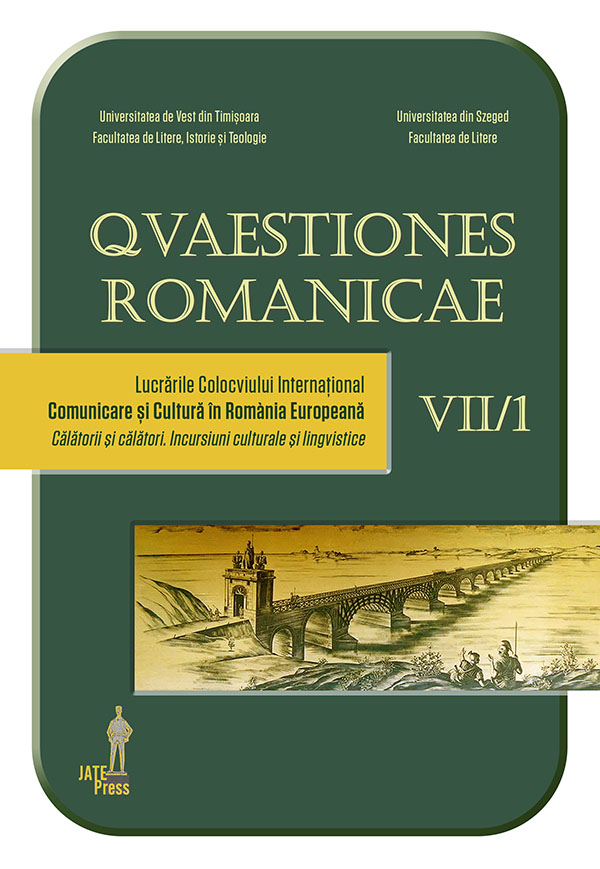Changements du vocabulaire lié à la migration
Abstract: (Changes in the vocabulary related to migration) One of the great achievements of European integration is the free movement of people which allows us to discover foreign countries, regions and cultures without any administrative hindrance. However, the benefits of this new situation must be qualified if we consider the general political context, the globalizing tendencies, the great socio-political changes of the world that brought new forms of migration, both from a quantitative point of view − massive migration − that qualitative. The great transformations of societies and the political map of the world are obviously reflected in the language as well, with the creation of new terms corresponding to the new reality and the restructuring of the semantic field of existing terms. In my paper, I would like to examine the linguistic aspects of this phenomenon, in particular the changes in the semantic field of terms such as migrant, immigré, émigré, réfugié politique et économique, the modification of their typical collocations, the frequency of certain adjectives, adverbs, etc. , as well as the appearance of new terms in this area. My communication will have three parts: the terminology created, recreated, modified by the changes concerning the world of work (personne détachée, expatriée, ...); the terms born, restructured relating to the modification of the political context (réfugié, déplacé interne, demandeur d’asile, ...); finally, the terms relating to migration caused by major natural disasters, climate change, environmental problems (écoréfugié, naufragé écologique ...).
Keywords: migration, vocabulary restructuring, world of work, politics, environment.
Résumé : L’un des grands acquis de l’intégration européenne est la libre circulation des personnes qui nous permet de découvrir des pays, des régions et des cultures étrangers sans aucune entrave administrative. Cependant, les bénéfices de cette nouvelle situation doivent être nuancés si nous considérons le contexte politique général, les tendances globalisantes, les grands changements socio-politiques du monde qui ont apporté de nouvelles formes de migration, aussi bien du point de vue quantitatif – migration massive – que qualitatif. Les grandes transformations des régions et de la carte politique du monde se reflètent évidemment au niveau de la langue aussi, avec la création de nouveaux termes correspondant à la nouvelle réalité et la restructuration du champ sémantique des termes existants. Dans cet article nous nous proposons d’examiner les aspects langagiers de ce phénomène, notamment les changements du champ sémantique des termes comme migrant, immigré, émigré, réfugié politique et économique, la modification de leurs collocations typiques, la fréquence de certains adjectifs, adverbes, etc. ainsi que l’apparition de nouveaux termes dans ce domaine. Notre article est structuré en trois parties. La première traite la terminologie créée, recréée, modifiée par les changements concernant le monde du travail (personne détachée, expatriée, etc.); les termes nés, restructurés, relatifs à la modification du contexte politique (réfugié, déplacé interne, demandeur d’asile, etc.) ; enfin, les termes relatifs à la migration provoquée par les grandes catastrophes naturelles, le changement climatique, les problèmes environnementaux (écoréfugié, naufragé écologique, etc.).
Mots clés : migration, restructuration du vocabulaire, monde du travail, politique, environnement.
